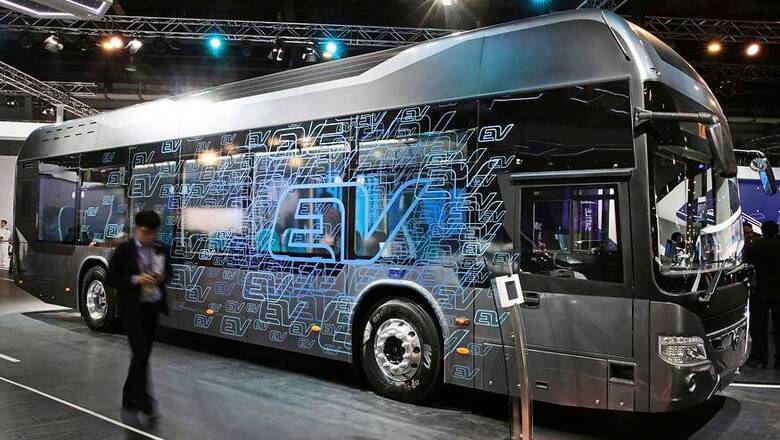
views
New Delhi: With fuel prices at an all-time high, the need for electric public transport is more than ever before.
According to official data, 66 per cent of all transportation in India is public, of which buses amount to 90 percent of trips. More than two-thirds of all motorable transportation is being utilised without owning vehicles. There are around 40,000 public buses operating across India — 80 percent operate in Tier-I cities.
“We are already working on producing electric buses. We are yet to announce a formal date for its launch but the work is in progress. Electric as a new-age alternative to traditional petrol and diesel has been well debated and reached productive conclusions,” a spokesperson for Tata Motors told News18.
The ministry of heavy industries had on December 28, 2017 announced the introduction of electric vehicles in the public transportation systems in Delhi, Mumbai, Ahmedabad, Bengaluru, Jaipur, Lucknow, Hyderabad, Indore, Kolkata, Jammu and Guwahati.
“The Centre received huge response for introduction of electric vehicles under the expression of interests invited by the ministry. As many as 44 cities across 21 states are willing to introduce EVs. This includes all segments—buses, four-wheeler taxis and three-wheelers or autorickshaws,” said Anant Geete, minister for heavy industries.
The NDA government has set an ambitious target of replacing all diesel and petrol run vehicles by electric ones by 2030 as part of its commitment to reduce greenhouse gas emissions under the global agreement on climate change, and to reduce spending on oil imports.
Mahindra and Mahindra, when contacted by News18, also affirmed that it is shoring up manufacturing of electric buses.
“While the entire process is being fast-tracked, the problem lies in incentivisation. The level of incentives expected by the industry is yet to be provided. We have been promised that as the policy further progresses, things will fall in pace,” a top official said under condition of anonymity.
Geete had said that due to paucity of funds under the FAME (Faster Adoption and Manufacturing of Hybrid and Electric Vehicles in India) scheme, only 11 cities could be accommodated. He assured that FAME 2 will be launched for other cities next year.
The selected cities were required to finalise the tendering process and issue supply orders before February 28, this year.
According to the ministry, 47 proposals from 44 cities across 21 states were received, requesting 3,144 electric buses, 2,430 electric four-wheeler taxis and 21,545 electric three-wheelers.
A recent report by global financial services company UBS said that one out of every six cars sold anywhere in the world will be electric by 2025. “The shift to electric cars will come faster and in a more pronounced way, fueled by the diesel demise in Europe, battery technology advancements and regulation in China and Europe,” said the report.
The implementation of electric buses will also require electricity taxes to be lower than diesel taxes.
The government has decided to levy a cess of 15 percent upon the Goods and Services Tax (GST) rate of 28 percent on buses, thereby taking the overall tax incidence on such vehicles to 43 percent.










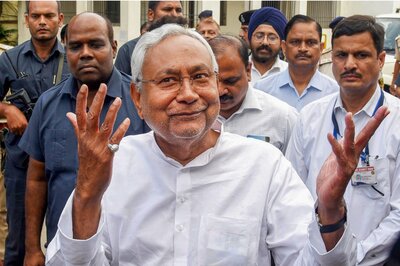




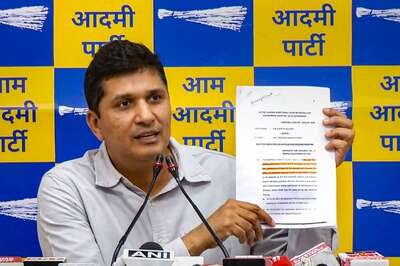
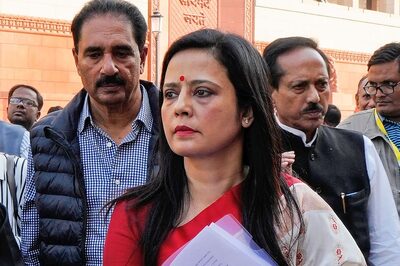

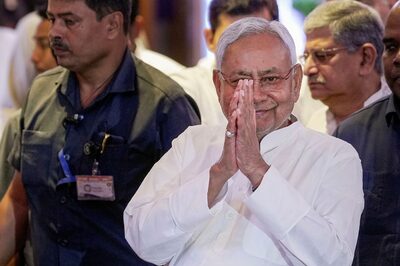

Comments
0 comment